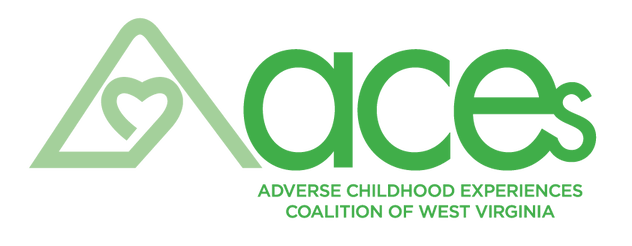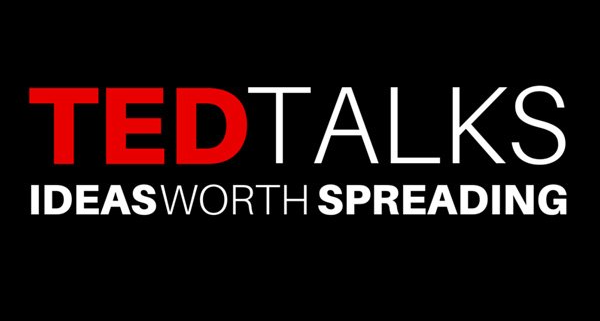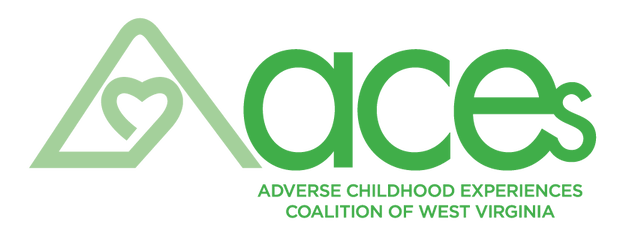Become A Member
Please complete the form below and you will become a member. It’s that easy! You’ll start receiving email correspondence and virtual meeting notices.
Contact Us
Help the ACEs Coalition recognize and support mental health by purchasing one of our inspiring t-shirts!
Click
here and choose your favorite. All four designs come in grey and white, short sleeve t-shirt, long sleeve t-shirt, sweatshirt and hooded sweatshirt.
Click here to browse the collection and choose your favorite style.
Show your support, wear your message proudly, and help make a difference today!
What are ACEs?
The term “ACEs” is an acronym for Adverse Childhood Experiences. It originated in a groundbreaking study conducted in 1995 by the Centers for Disease Control and the Kaiser Permanente health care organization in California. In that study, “ACEs” referred to three specific kinds of adversity children faced in the home environment—various forms of physical and emotional abuse, neglect, and household dysfunction.
The key findings of dozens of studies using the original ACEs data found there is a powerful, persistent correlation between the more ACEs experienced and the greater the chance of poor outcomes later in life, including dramatically increased risk of heart disease, diabetes, obesity, depression, substance abuse, smoking, poor academic achievement, time out of work, and early death.
We Can Reduce the Effects of ACEs and Toxic Stress.
For those who have experienced ACEs, there are a range of possible responses that can help, including therapeutic sessions with mental health professionals, meditation, physical exercise, spending time in nature, and many others.
The ideal approach, however, is to preventthe need for these responses by reducing the sources of stress in people’s lives. This can happen by helping to meet their basic needs or providing other services.
Likewise, fostering strong, responsive relationships between children and their caregivers, and helping children and adults build core life skills, can help to buffer a child from the effects of toxic stress.
ACEs affect people at all income and social levels, and can have serious, costly impact across the lifespan. No one who’s experienced significant adversity (or many ACEs) is irreparably damaged, though we need to acknowledge trauma’s effects on their lives. By reducing families’ sources of stress, providing children and adults with responsive relationships, and strengthening the core life skills we all need to adapt and thrive, we can prevent and counteract lasting harm.











